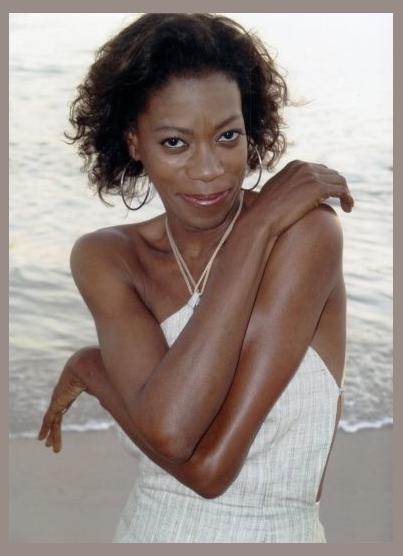 Leila Maria
Leila Maria
Leila Maria: The Scandalous Star of Brazilian Music
Emerging from the vibrant streets of Brazil, Leila Maria has become an iconic figure in the Brazilian music scene, captivating audiences with her electrifying vocals and scandalous lyrics.
Early Life and Influences:
Born in Rio de Janeiro in 1959, Leila Maria grew up amidst a rich tapestry of musical influences. Her early experiences with samba, bossa nova, and rock laid the foundation for her eclectic and distinctive sound.
Rise to Fame:
Leila Maria's career took a meteoric rise in the early 1980s with the release of her debut album, "Você Vai Ser O Meu Escândalo" (You're Going to Be My Scandal). The title track became an instant sensation, propelling her into the national spotlight. The album's provocative lyrics and catchy melodies challenged societal norms and resonated with a generation yearning for liberation.
Controversies and Challenges:
Throughout her career, Leila Maria has been no stranger to controversy. Her outspoken nature and fearless exploration of taboo topics often stirred debate. Despite facing criticism from conservative circles, she remained unyielding in her artistic expression.
Discography:
Leila Maria has released numerous albums over the years, each showcasing her versatility and musical evolution:
* "Você Vai Ser O Meu Escândalo" (1982)
* "Baile de Máscaras" (1984)
* "Rock'n'Roll" (1986)
* "Taj Mahal" (1988)
* "Luz do Mundo" (1991)
* "Leila Maria" (2000)
* "Assim Sou Eu" (2008)
Members:
Leila Maria has collaborated with an array of talented musicians throughout her career, including:
* Carlinhos Brown
* Gilberto Gil
* Caetano Veloso
* Chico Buarque
Legacy:
Leila Maria's music has left an enduring mark on Brazilian culture. Her defiant lyrics and powerful vocals continue to inspire and empower generations of artists and listeners alike. As a true icon of Brazilian music, she remains a symbol of artistic freedom and the pursuit of self-expression.
Emerging from the vibrant streets of Brazil, Leila Maria has become an iconic figure in the Brazilian music scene, captivating audiences with her electrifying vocals and scandalous lyrics.
Early Life and Influences:
Born in Rio de Janeiro in 1959, Leila Maria grew up amidst a rich tapestry of musical influences. Her early experiences with samba, bossa nova, and rock laid the foundation for her eclectic and distinctive sound.
Rise to Fame:
Leila Maria's career took a meteoric rise in the early 1980s with the release of her debut album, "Você Vai Ser O Meu Escândalo" (You're Going to Be My Scandal). The title track became an instant sensation, propelling her into the national spotlight. The album's provocative lyrics and catchy melodies challenged societal norms and resonated with a generation yearning for liberation.
Controversies and Challenges:
Throughout her career, Leila Maria has been no stranger to controversy. Her outspoken nature and fearless exploration of taboo topics often stirred debate. Despite facing criticism from conservative circles, she remained unyielding in her artistic expression.
Discography:
Leila Maria has released numerous albums over the years, each showcasing her versatility and musical evolution:
* "Você Vai Ser O Meu Escândalo" (1982)
* "Baile de Máscaras" (1984)
* "Rock'n'Roll" (1986)
* "Taj Mahal" (1988)
* "Luz do Mundo" (1991)
* "Leila Maria" (2000)
* "Assim Sou Eu" (2008)
Members:
Leila Maria has collaborated with an array of talented musicians throughout her career, including:
* Carlinhos Brown
* Gilberto Gil
* Caetano Veloso
* Chico Buarque
Legacy:
Leila Maria's music has left an enduring mark on Brazilian culture. Her defiant lyrics and powerful vocals continue to inspire and empower generations of artists and listeners alike. As a true icon of Brazilian music, she remains a symbol of artistic freedom and the pursuit of self-expression.